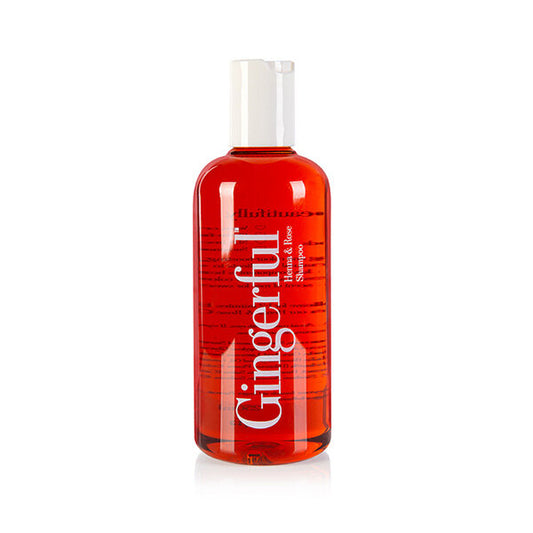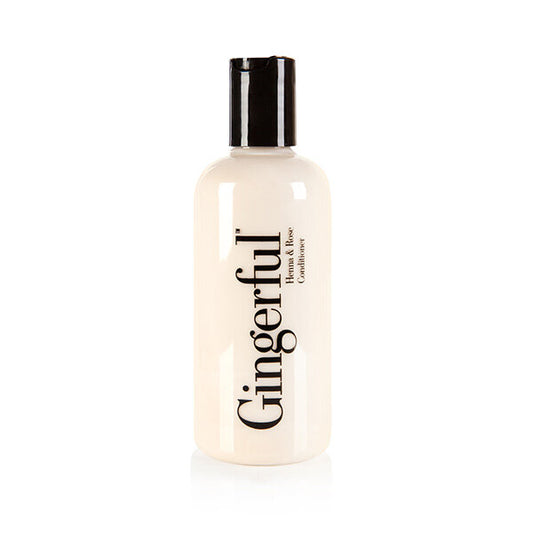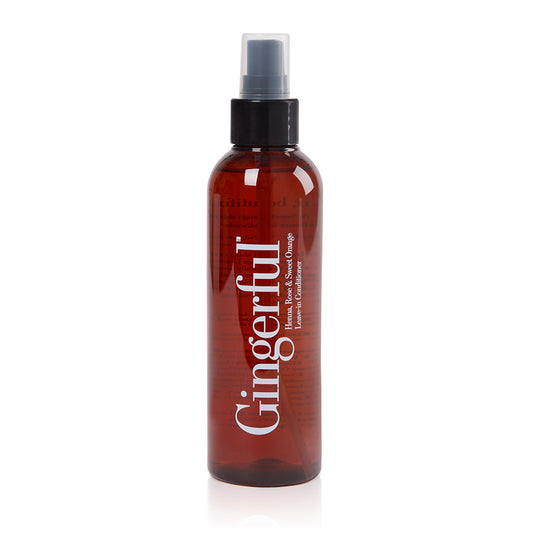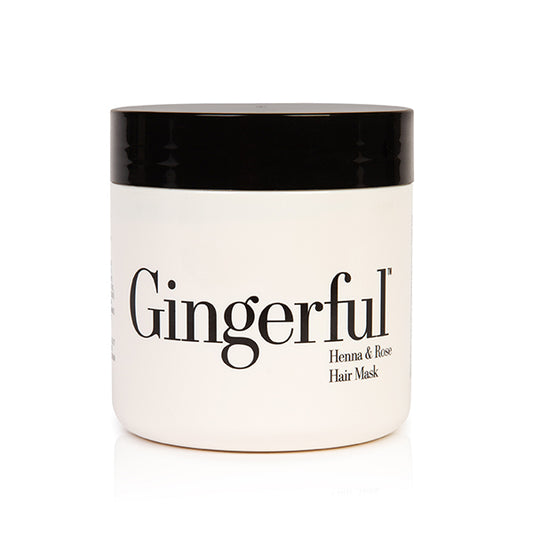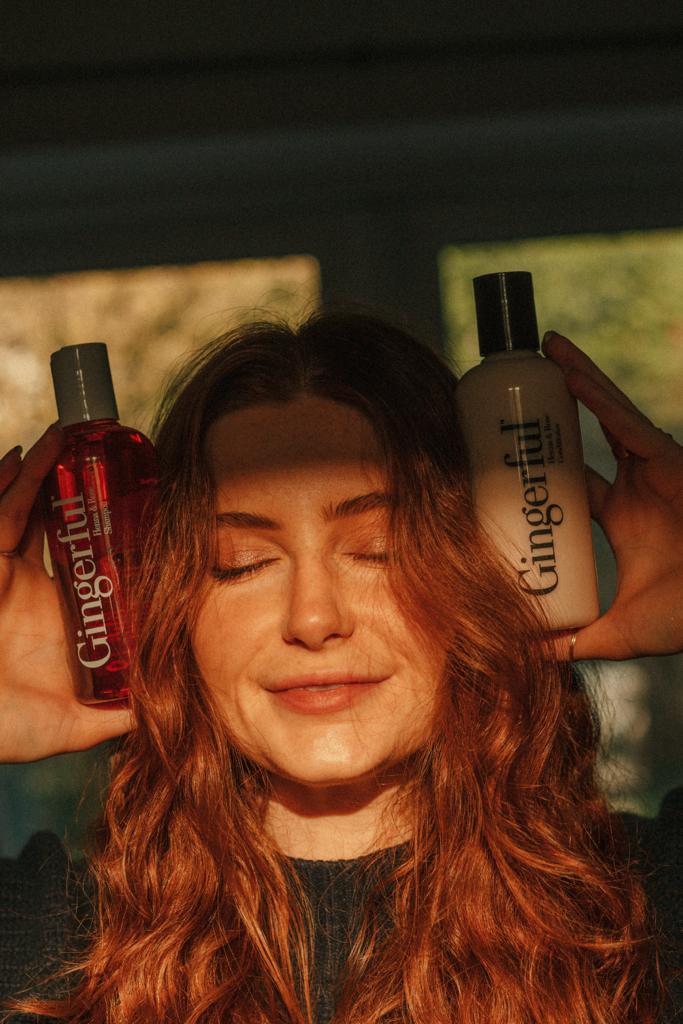As we transition into summer, many redheads may notice an increase in hair shedding. While it's perfectly normal to experience seasonal hair loss, it can still be a cause for concern if you're not expecting it.
Seasonal hair shedding is also known as telogen effluvium, and is a natural process that occurs in response to changes in the environment. This can be anything from temperature and humidity, to sunlight exposure. During the spring and summer months, our bodies undergo hormonal changes that can trigger the shedding of old hair to make way for new growth. Interestingly, this also tends to happen around late summer, too, but not in such a noticeable way.
In general, it is said a person sheds around 50-100 hairs a day if a person washes their hair every day; multiply that by 3 if you wash your hair every 3 days for example. On days that you don't wash your hair, the strands are balanced in the follicle ready to come out when next disturbed.
HOW TO MANAGE SEASONAL HAIR SHEDDING
Use gentle haircare products
Gently cleanse your hair using sulfate-free and silicone-free products, to nourish and protect delicate red hair without stripping it of its natural oils.
Scalp massage with oil
Incorporate scalp massages into your weekly haircare routine to stimulate blood flow to the hair follicles and promote healthy hair growth. Getting into the habit of massaging your scalp is excellent for year-round hair and scalp health, but particularly before the turn of the season, as it should help to rejuvenate the scalp ready for new growth.
Sun protection
Protect your hair and scalp from sun damage by wearing a hat or using a leave-in conditioner with SPF when spending time outdoors. Also remember to replenish your hair's moisture post-sun too. Read more about protecting your red hair in the summer
Avoid heat tools
It comes as no surprise that using straighteners, curling tongs and hairdryers contribute massively to hair shedding, as these tools all put additional pressure on the strand. Find heatless methods of styling to help you strands stay stronger and hydrated for longer.
Hormonal changes
The stress hormone, cortisol, amongst many others, can exacerbate hair shedding, so this could be contributing to some of your hair shedding. If you are unsure, it's best to ask your doctor for advice.
How hormones can affect your red hair
How redheads can avoid sun bleaching and dryness in summer


